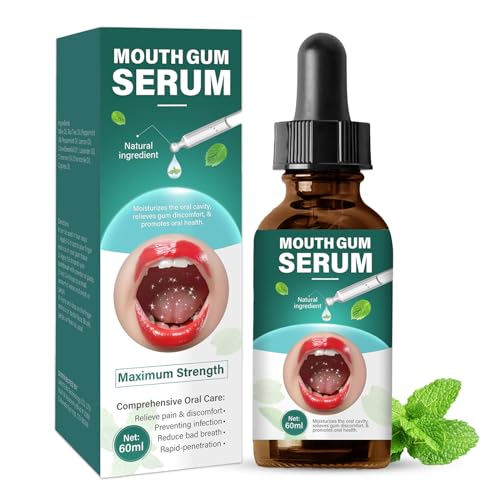What is Natural Oral Care?
Natural oral care is a holistic approach to dental hygiene that prioritizes the use of natural and organic ingredients. It avoids harsh chemicals, artificial flavors, and synthetic preservatives commonly found in conventional oral care products. Instead, it embraces the power of nature, utilizing plant extracts, essential oils, and other natural substances to maintain oral health.
The Benefits of Natural Oral Care
There are numerous benefits to adopting a natural oral care routine. Firstly, it is kinder to the environment. Natural products are often biodegradable and free from harmful chemicals that can pollute waterways. Secondly, natural oral care is gentler on the body. It avoids harsh chemicals that can irritate sensitive mouths and disrupt the delicate balance of the oral microbiome. Finally, natural oral care can be just as effective as conventional methods, if not more so. Many natural ingredients have been shown to have antibacterial, anti-inflammatory, and antioxidant properties that promote healthy teeth and gums.
Key Components of Eco-Friendly Dental Care
- Natural Toothpaste: Look for toothpastes made with natural ingredients such as xylitol, coconut oil, and herbal extracts. These ingredients can effectively clean teeth, freshen breath, and remineralize enamel. Avoid toothpastes containing fluoride, triclosan, and other harsh chemicals.
- Natural Mouthwash: Opt for mouthwashes made with essential oils like peppermint, tea tree oil, and clove oil. These oils have antibacterial properties that can help to kill bacteria and freshen breath. Avoid mouthwashes containing alcohol, which can dry out the mouth and irritate sensitive tissues.
- Natural Floss: Choose floss made from natural fibers like silk or plant-based materials. These types of floss are gentle on gums and can be more effective at removing plaque than traditional waxed floss.
- Tongue Scrapers: Tongue scrapers can help to remove bacteria and debris from the tongue, which can contribute to bad breath. Look for tongue scrapers made from natural materials like copper or stainless steel.
- Oil Pulling: Oil pulling involves swishing oil in the mouth for several minutes to improve oral health. Coconut oil and sesame oil are popular choices for oil pulling.
Natural Remedies for Common Oral Health Problems
- Sensitive Teeth: Use a toothpaste formulated for sensitive teeth that contains natural ingredients like potassium nitrate or aloe vera.
- Bad Breath: Gargle with a natural mouthwash made with essential oils or try oil pulling.
- Gum Disease: Use a natural mouthwash with antibacterial properties and massage the gums with a soft-bristled toothbrush.
Embrace Nature’s Gentle Touch: Discover Botanical Oral Hygiene.
Tired of harsh chemicals in your toothpaste? Step into a world of natural oral care, where healthy smiles meet the power of plants. Our botanical blends gently cleanse, strengthen, and revitalize, without the sting or worry.
Imagine fresh breath and healthy gums, naturally. From soothing aloe vera to potent tea tree oil, our products harness nature’s wisdom for a radiant smile. Say goodbye to artificial additives and hello to a cleaner, greener routine.
Experience the difference: naturally brighter teeth, healthier gums, and a confident smile that shines from within. Choose natural oral care, and let your smile bloom with nature’s goodness.
Choosing Herbal Oral Care Products
When choosing natural oral care products, it is important to read labels carefully. Look for products that are certified organic, free from harsh chemicals, and made with natural ingredients. You can also consult with a dentist or holistic health practitioner for recommendations on Natural Dental Hygiene products.

Conclusion
Natural oral care offers a safe and effective alternative to conventional dental hygiene practices. By embracing the power of nature, you can achieve a healthy smile and improve your overall well-being. Remember to choose products carefully, read labels, and consult with a healthcare professional for personalized advice.
References


